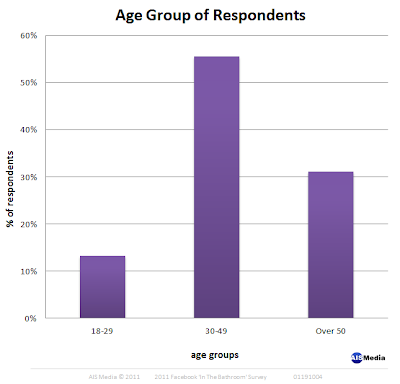Facebook users who check in to a store or click the "like" button for a brand may soon find those actions retransmitted on their friends' pages as a "Sponsored Story" paid for by advertisers.
Currently there is no way for users to decline this feature.
Facebook says this lets advertisers promote word-of-mouth recommendations that people already made on the site. They play up things people do on the site that might get lost in the mass of links, photos, status updates and other content users share on the world's largest social network.
The new, promoted posts would keep the same privacy setting that the original posting had. So if you limit your check-ins to a specific group of friends, only these same friends would see the "Sponsored Story" version later.
The promoted content will appear on the right side of users' home pages, not in their main news feed. That's where regular ads, friend requests and other content are located.
Involving users in advertisements without their consent has been a thorny issue for Facebook. Marc Rotenberg, executive director of the Electronic Privacy Information Center, said in this case the company is making money off a person's name or likeness without their consent. He calls it "subtle and misleading" and says users should object.
Twitter already offers advertisers something similar, called "promoted tweets." These are Twitter posts paid for by advertisers to show up in search results and on top of popular topic lists on the site. But while Twitter's ads are written by the companies that pay for them, Facebook's sponsored stories are created by users.
Both represent an effort to make advertisements more akin to what people are already experiencing on the site instead of putting up virtual billboards that users might ignore or find tacky.
Online Video from Facebook: http://www.facebook.com/video/video.php?v10100328087082670
Currently there is no way for users to decline this feature.
Facebook says this lets advertisers promote word-of-mouth recommendations that people already made on the site. They play up things people do on the site that might get lost in the mass of links, photos, status updates and other content users share on the world's largest social network.
The new, promoted posts would keep the same privacy setting that the original posting had. So if you limit your check-ins to a specific group of friends, only these same friends would see the "Sponsored Story" version later.
The promoted content will appear on the right side of users' home pages, not in their main news feed. That's where regular ads, friend requests and other content are located.
Involving users in advertisements without their consent has been a thorny issue for Facebook. Marc Rotenberg, executive director of the Electronic Privacy Information Center, said in this case the company is making money off a person's name or likeness without their consent. He calls it "subtle and misleading" and says users should object.
Twitter already offers advertisers something similar, called "promoted tweets." These are Twitter posts paid for by advertisers to show up in search results and on top of popular topic lists on the site. But while Twitter's ads are written by the companies that pay for them, Facebook's sponsored stories are created by users.
Both represent an effort to make advertisements more akin to what people are already experiencing on the site instead of putting up virtual billboards that users might ignore or find tacky.
Online Video from Facebook: http://www.facebook.com/video/video.php?v10100328087082670


